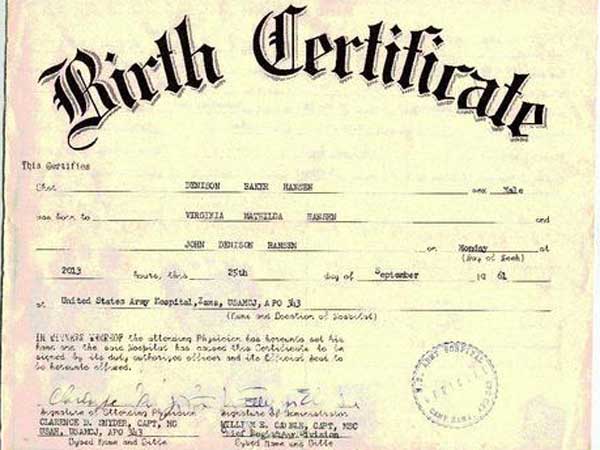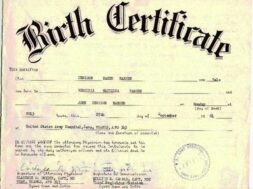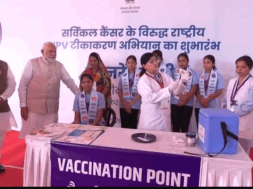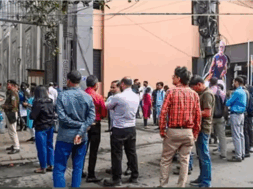
NEW DELHI, Nov 26: The Central government proposes to make birth certificates a mandatory document for almost every sphere of life — admission in educational institutions, inclusion in the voter list, appointment in Central and State government jobs, issue of driving licence and passport.
According to a draft bill to amend the Registration of Birth and Death (RBD) Act, 1969, the centrally-stored data will be updated in real time without any human interface required, leading to addition and deletion from the electoral roll when an individual turns 18, and after death, respectively.
According to the proposed changes, it shall be mandatory for hospitals and medical institutions to provide a copy of all death certificates, stating the cause of death, to the local registrar apart from the relative of the deceased.
Though registration of birth and death is already compulsory under the RBD Act, 1969 and violating it is a punishable offence, its compliance mostly in the rural areas still happens to be poor. The government intends to improve compliance by making the registration mandatory to avail basic services such as admission in schools and registration of marriages.
The Bill to amend the RBD Act, 1969, proposed by the Ministry of Home Affairs (MHA), states that birth certificates issued by the local registrars will be “used to prove the date and place of birth of a person born on or after the date of Amendment for: admission into educational institutions; issuance of driving licence; preparation of voter list; registration of marriage; appointment in Central Government, State Government, local bodies and Public Sector Undertakings, statutory bodies, autonomous bodies under Central and State government; Issuance of passport and other cases as prescribed by rules.”
The Bill is likely to be tabled in the winter session of parliament that commences on December 7. “The draft Bill was placed in the public domain for suggestions last year. We have received comments from State governments and incorporated the required changes. The legislative department is examining the Bill, and it will then be presented for the Union Cabinet’s approval. We will try to introduce the Bill in the winter session of parliament,” official sources said on Saturday. The source added that since the upcoming session only has 17 sittings, the discussions on the Bill could be taken up in the next session.
“Provisions exist for compulsory registration of births and deaths but after the law is amended, it will be mandatory to produce birth and death certificates for myriad purposes. The database will be linked to electoral rolls. When a person turns 18, the name will be included in the voters list and after a person has died, the name will be deleted from the rolls. The entire process will be online,” the source said.
According to the Civil Registration System (CRS) report, the registration level of births for the country increased to 92.7% in 2019 from 82.0% in 2010 and that of registered deaths increased from 66.9% in 2010 to 92.0 % in 2019. CRS is an online system for registration of births and deaths under the operational control of the RGI.
Several States such as Haryana, Himachal Pradesh, Jharkhand, Madhya Pradesh, Maharashtra, Odisha, Tamil Nadu, Tripura, Uttarakhand, Uttar Pradesh, West Bengal are already registering all births and deaths through CRS. Others such as Gujarat, Chhattisgarh, Rajasthan, Punjab, Nagaland, Mizoram, Meghalaya, Kerala, Karnataka, Goa, Arunachal Pradesh and Andhra Pradesh have their own system or use the portal partially. Some Union Territories such as the Andaman and Nicobar Islands, Chandigarh, Dadra and Nagar Haveli and Daman and Diu register through the central portal but others such as Delhi, Lakshadweep, Puducherry and Jammu and Kashmir have their own system in place. The proposed amendments intend to bring all such databases on to a common platform.
(Manas Dasgupta)













